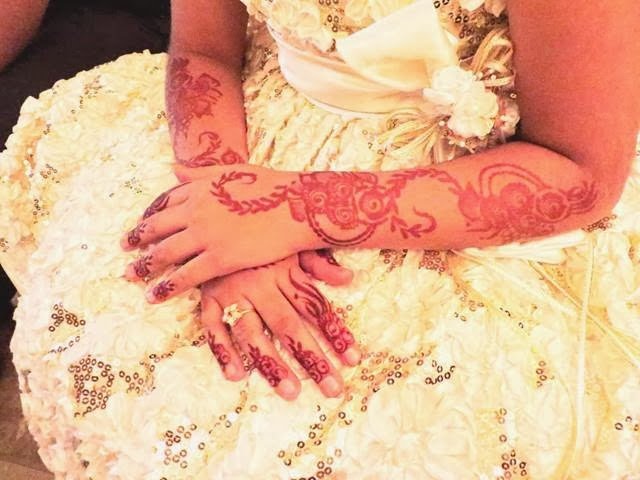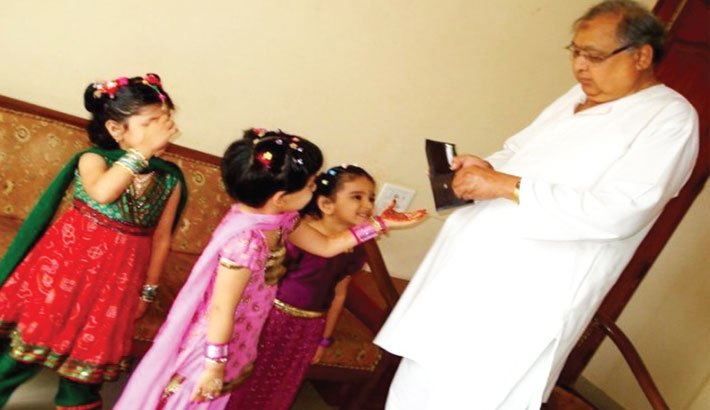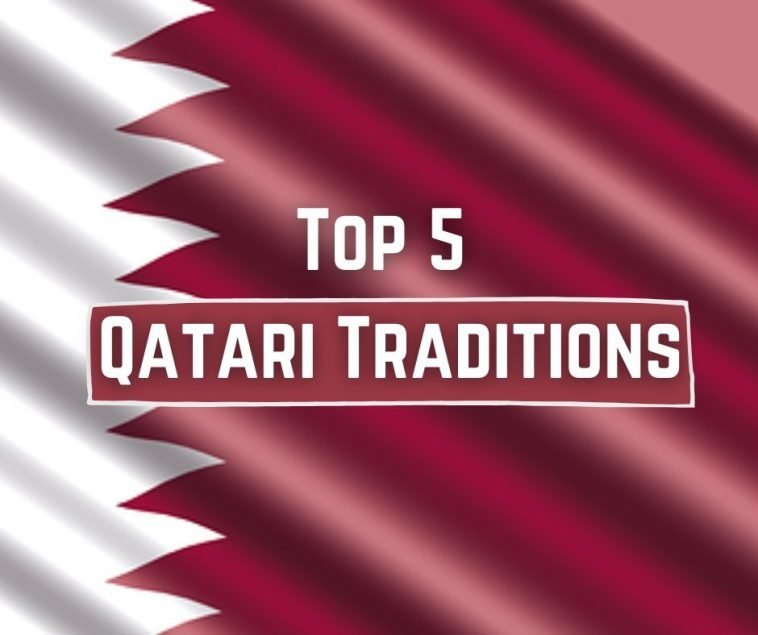Qatari traditions are deeply rooted in Bedouin culture, emphasizing hospitality and social connections. Every nation possesses a unique charm that is often mirrored in its cultural practices and customs. Over time, these traditions may fade, underscoring the importance of preserving them as they are intrinsic to one’s identity. These rituals and customs are the essence of your community, and losing them would mean losing a part of your heritage.
It is heartening to observe that Qataris have upheld their traditions over generations, valuing them in the present day. Whether you have recently arrived in Qatar or have resided here for a while, delving into Qatari traditions can be a fascinating journey worth exploring.
Qatari Tradition in Qatar
Table of Contents
- Qatari Tradition in Qatar
- 1. Al Nafla
- 2. Melcha: A Symbolic Union of Families in Qatari Wedding Tradition”
- 3. Ramadan Cannon
- 4. Majlis
- 5. Eidiya
1. Al Nafla
“Al Nafla: A Time of Anticipation and Togetherness in Qatar”
Al Nafla, observed on the 14th of Shaaban, holds a special place in Qatar as a prelude to the holy month of Ramadan. This occasion unites families and kin in spiritual preparation, gathering provisions and planning meals for the upcoming fasting period.
Community solidarity and generosity shine during Al Nafla, with families sharing traditional dishes like Harees, Machboos, Mahalabiya, and Umm Ali. These delicacies are not only savored within households but also shared with neighbors and the less fortunate, fostering unity and compassion.
The act of cooking and assembling meals together plays a vital role in this tradition, reinforcing familial ties and nurturing a sense of unity. It ensures that all are ready to embark on the collective journey of Ramadan harmoniously.
Beyond its communal significance, Al Nafla serves as a poignant reminder of the blessings awaiting in Ramadan. It encourages contemplation on the spiritual essence of the forthcoming month, preparing individuals mentally and physically for the period of fasting and heightened devotion.
Al Nafla stands as a treasured tradition in Qatar, heralding the spiritual voyage of Ramadan. It embodies anticipation, thankfulness, and communal harmony, where families unite, exchange gifts, and partake in acts of kindness and benevolence to welcome the blessings of the sacred month.
2. Melcha: A Symbolic Union of Families in Qatari Wedding Tradition”

Melcha stands as a poignant wedding celebration in Qatar, occurring post the marriage contract signing between the groom and the bride. This traditional festivity marks the groom’s formal request for the bride’s hand from her father, brothers, or the esteemed male figure in her family.
Usually held in the evening or at night, Melcha acts as a prelude to the grander wedding ceremonies that ensue. It carries deep cultural and symbolic weight, cementing the official bond between the bride and groom and signifying the groom’s acceptance into the bride’s family.
Amidst Melcha, the groom, accompanied by his intimate circle, visits the bride’s family abode. The senior male relative in the bride’s family extends a warm welcome to the groom, granting him approval to wed the bride. This gesture symbolizes the merging of two families and the commencement of a shared journey for the couple.
Melcha brims with jubilant celebrations, traditional melodies, and cultural customs, offering a platform for both families to unite, exchange blessings, and fortify familial ties. It serves as an occasion for the groom’s family to bestow gifts and tokens upon the bride’s family, symbolizing respect and appreciation.
This ceremony embraces diverse traditions and rituals that reflect the cultural tapestry of Qatar. It holds a special place in hearts, spotlighting the essence of family, unity, and the union of two souls in matrimony.
In essence, Melcha embodies a significant milestone—the formal request for the bride’s hand and the commencement of wedding revelries. It signifies a time of festivity, happiness, and familial unity, where loved ones converge to bless and bolster the newlyweds on their shared path ahead.
3. Ramadan Cannon

The tradition of firing a gun at sunset to signal the end of the fast (Iftar time) during Ramadan is a longstanding practice in Qatar that continues to be observed in various locations across the country, such as Katara, Souq Waqif, Souq Al Wakrah, and the State Grand Mosque.
Initially, the gun was fired near the Qatar Post Head Office close to Corniche, a popular spot among locals. Over time, this tradition has expanded to different venues, allowing more individuals to witness this ritual and participate in the celebratory moment.
Throughout Ramadan, people and families congregate at these designated sites, often bringing snacks and beverages to enjoy while listening to the gun being fired. It has evolved into a social gathering where individuals unite to commemorate the breaking of the fast and embrace the communal essence of Ramadan.
The gun’s firing acts as a cue for those fasting to break their fast and relish the evening meal. Furthermore, it symbolically prompts individuals in neighboring areas to break their fast simultaneously.
This tradition holds profound cultural importance in Qatar, embodying the enduring traditions and customs associated with Ramadan. It exemplifies the unity and collective experiences shared by the community during this sacred month.
The firing of the gun to mark the end of the fast stands as a beloved tradition in Qatar, drawing both locals and visitors. It enriches the Ramadan observance with a distinctive and memorable touch, fostering togetherness, celebration, and contemplation among individuals.
This tradition holds cultural significance in Qatar and is a reflection of the deep-rooted traditions and customs associated with Ramadan. It showcases the unity and shared experiences of the community during this holy month.
The firing of the gun to mark the end of the fast is a cherished tradition in Qatar, attracting both locals and visitors alike. It adds a unique and memorable element to the Ramadan experience, bringing people together in celebration and reflection.
4. Majlis

In Qatari culture, the term “Majlis” carries substantial significance, symbolizing a space where individuals assemble for diverse social engagements. Derived from Arabic, “Majlis” translates to “a position of sitting,” underscoring its role as a venue for people to sit and partake in conversations.
Traditionally, a Majlis constitutes a distinct area or room linked to the main residence, often with its separate entrance. It is specifically allocated for hosting guests and fostering social interactions. This segregated space ensures privacy and convenience, preventing social gatherings from interfering with the household’s everyday routines.
The layout and aesthetics of a Majlis typically mirror the cultural legacy and personal preferences of the host. Comfortable seating arrangements like cushions and carpets, low tables for serving refreshments, and elaborate embellishments that exhibit traditional Qatari artistry are commonly found in these spaces.
5. Eidiya

During Eid, which signifies the end of Ramadan, a customary tradition in Qatari culture involves children partaking in a joyful custom termed “Eidiya.” On this auspicious day, children from the neighborhood move from house to house, serenading with traditional folk songs to mark the celebration of Eid. In appreciation of their performances, older members of each household present them with money or sweets, a gesture known as “Eidiya.”
However, as individuals mature and begin earning their own income, they no longer qualify to receive Eidiya. Instead, they take on the responsibility of bestowing it upon younger members of the family and neighborhood. This transition can evoke mixed emotions, as the financial gifts once received in childhood now dwindle. In anticipation of this tradition, elders within the family…
These five Qatari customs exemplify the nation’s rich cultural legacy and communal ethos that define Qatar. From the welcoming ambiance of Majlis gatherings to the vibrant atmosphere of Souq Waqif and the spirited festivities of Qatar National Day and Ramadan, these practices offer a glimpse into the values and customs that distinguish Qatar. The traditional sword dance, Al Ardha, further underscores Qatar’s dedication to safeguarding its heritage and passing it on to forthcoming generations. By embracing and upholding these traditions, Qatar continues to nurture a firm sense of identity and unity among its populace.
Please Subscribe Us to get updated with Qatar News, Saudi News, Kuwait News, Health News, UAE News, Iqama, Visa, Jobs, Banking and More.




Nice post ! Thanks for, posting on my blog mate! I shall email you some time. I did not know that.